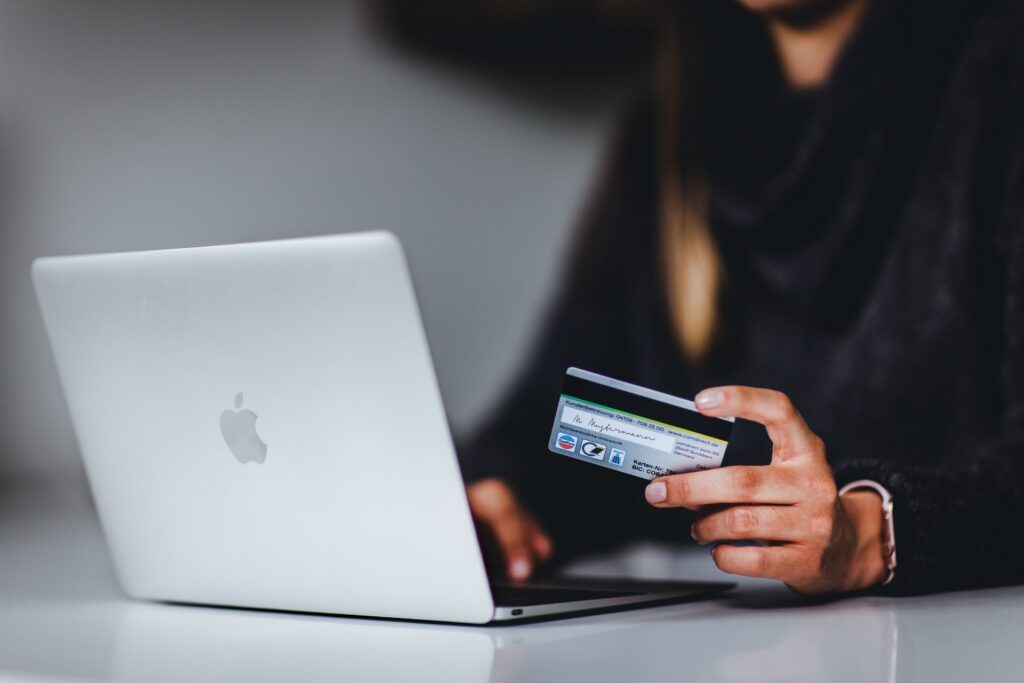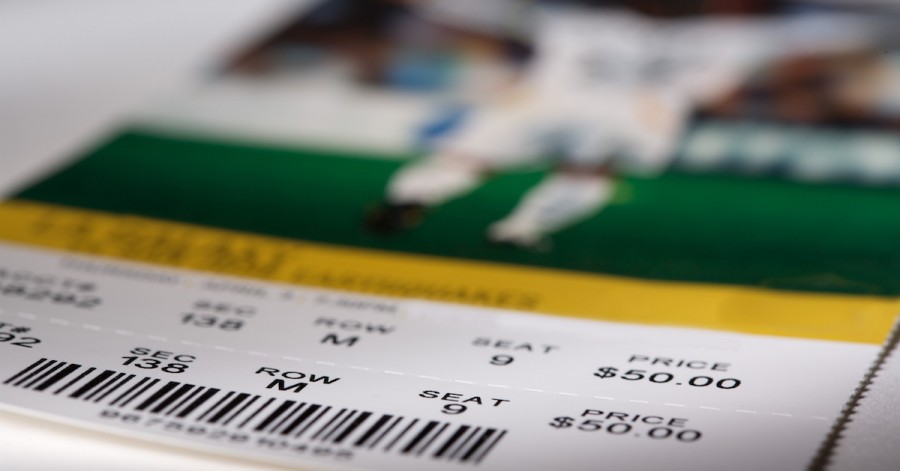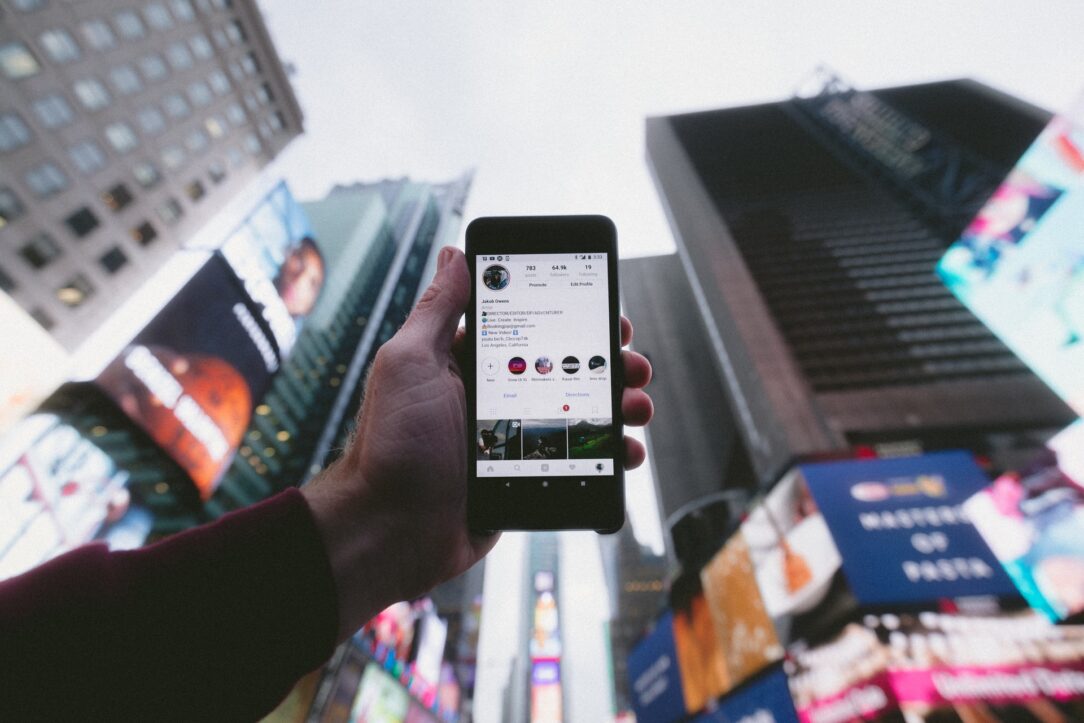Concert tickets are tough to come by due to the rising global interest in music events in recent years. This also means that consumers will be able to buy and sell tickets almost anywhere, including on ticket marketplaces and social media.
The risk of purchasing a bogus ticket is larger than ever using these platforms. People create fictitious profiles or even claim tickets as stolen or lost. Not every vendor is a con artist, but whether you buy tickets from a stranger or a third party, you need to always be cautious. You put yourself at risk every time you buy a ticket in this manner. What happens if the ticket isn’t functional? Will you be able to obtain a replacement, or will the seller be required to assist you?
What are the best ways to protect yourself from counterfeit tickets or a bad ticket transaction in light of these concerns? That, in all honesty, depends on where you get your tickets. Here are a few pointers to assist you in obtaining real tickets on the internet.
1. Buy concert tickets from a legitimate site

Source: unsplash.com
To ensure you are utilizing a secure purchase system, look for the “lock” symbol in the site’s web URL. Clicking on a link in an email or an online advertisement is not a good idea. It’s simple for unethical people to construct a website with a similar address to that of a well-known corporation. Pay close attention to the refund policy. Also, purchase tickets from a ticket reseller who is transparent about the transaction’s terms.
Visit premiumseating.com to know more.
2. Purchase from someone you trust
Limit your e-ticket buys to individuals and organizations you know and trust. You might purchase e-tickets from notable ticket organizations and event areas with certainty. You may feel more peaceful buying an e-ticket from a dear companion or relative. Buying e-tickets from obscure firms or people you have no earlier dealings with expands your odds of getting a false ticket.
Just purchase tickets from a ticket reseller who is straightforward with regard to the conditions of the exchange. Keep away from vendors who won’t let you know where the seats are or where you might get your tickets. Trust your instinct and completely concentrate on the vendor prior to buying tickets assuming the arrangement shows up “unrealistic.”
3. To avoid buying a bogus ticket, do your research

Source: lawinsport.com
To begin, gather as much background information as possible. Try to figure out what a real ticket looks like so you can recognize the differences in a fake one. Most national sanctioning organizations include holograms and other difficult-to-fake images on their tickets for sporting events. If in doubt, get in touch with the venue.
4. Don’t rely on search engine results
Be wary of trusting a website simply because it appears high in a search engine’s results. By accident, fraudulent sites might rise to the top of search results, giving visitors a false sense of security. No matter where the site ranks, make sure you run the regular checks.
5. Look for the spec
The seller does not have any “spec” tickets. They are tickets that the seller anticipates having when they are listed for sale. This is most likely how tickets for events that haven’t been released by the box office are being sold. A “spec” seller is just as likely to grab your money and go as they are to issue you a ticket, so stay away.
6. Avoid sharing on social media

Source: unsplash.com
You may want to post your exciting news on social networking sites once you receive your tickets. It’s all right. However, avoid posting a photo of your ticket(s) with all of the pertinent information that is specific to your purchase (such as seats and ticket serial numbers). Sophisticated con artists can use that info to duplicate your ticket, leaving you vulnerable to questioning when you arrive at the event.
7. Request the seller’s contact details
They had to buy the tickets somewhere if they were selling them. Request a copy of their invoice, which should include a list of the tickets they purchased. Along with the purchase details, the invoice will show the specific section, row, and seats. You can proceed if they show everything matching. If they are unable to give an invoice, request their customer account number from the location where they purchased the tickets, etc. Stop and say no to the offer.
8. Use safe payment options
Make use of secure payment options. Always pay with a credit card so that you have a backup plan if the tickets don’t arrive on time. Debit cards, wire transfers, and cash transactions are all dangerous, as you won’t be able to get your money back if the tickets are fake.
9. Beware of imitators

Source: money.usnews.com
Criminals are astute, and they frequently imitate legitimate websites to trick their victims into handing over money. Fraudulent websites can be extremely clever, and they might even appear to be identical to the actual thing.
Try to do as much research as possible to confirm that the provider or person from whom you are purchasing is who they say they are. Check the company’s office address and landline number if you’re not sure whether a site is legitimate – it shouldn’t merely be a PO box. A fraudulent site may also have poor writing and punctuation, as well as low-quality images.
Conclusion
Be confident whether you’ve gone through all of these suggestions or if you’re still unsure about the deal. Take a step back when your instinct says no. If they are pressuring you to complete the purchase quickly, find another seller who will earn your trust and confidence over time. It’s better to be safe than sorry when it comes to ticket scams. Many, but not all, individuals are on the side of good. It’s fine to skip this bargain because there will be another safe and secure way to get tickets.




